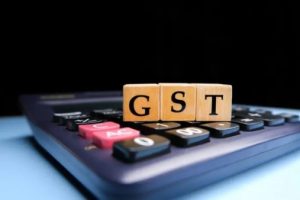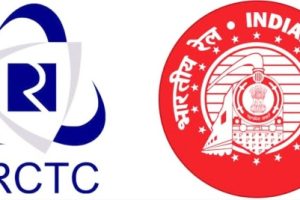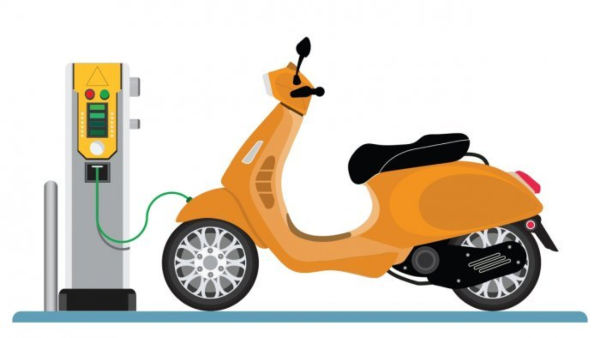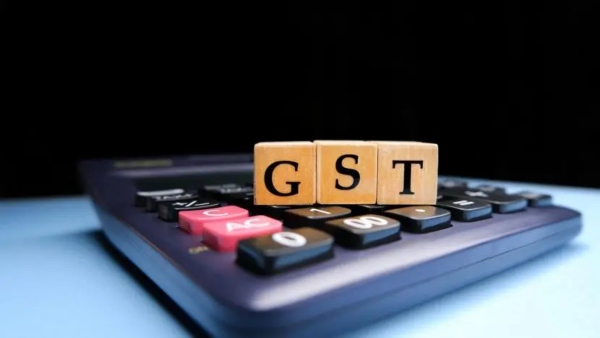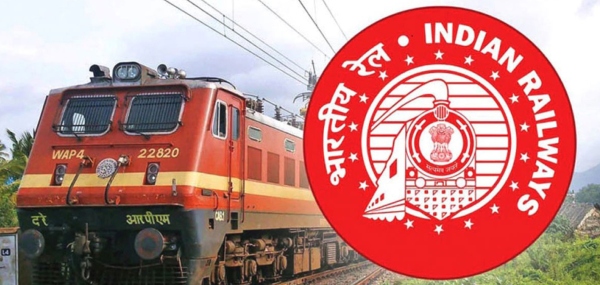Society of Manufacturers of Electric Vehicles on Tuesday said the sudden reduction of subsidy of electric two-wheelers may lead to a major decline in EV adoption, impacting the entire industry for a considerable period of time. Startup players in the electric mobility space, however, welcomed the government’s decision saying it was time for the EV industry to stand on its own.
The Heavy Industries Ministry has notified changes for reducing subsidy provided under FAME-II (Faster Adoption of Manufacturing of Electric Vehicles in India) scheme applicable on electric two-wheelers registered on or after June 1, 2023.
Subsequently, for electric two-wheelers, the demand incentive will be Rs 10,000 per kWh. The cap on incentives for electric two-wheelers will be 15 per cent of the ex-factory price of vehicles from 40 per cent at present.
Reacting to the changes, Society of Manufacturers of Electric Vehicles (SMEV) Director General Sohinder Gill said, “The sudden reduction of subsidy may lead to a major decline in EV adoption, impacting the entire industry for a considerable period of time.”
The ground reality is that the Indian market remains price-sensitive, and the total cost of ownership is not firmly established in consumers’ minds, he asserted.
Gill further said with the majority of petrol two-wheelers costing less than Rs 1 lakh, there are fewer chances of consumer spending upwards of Rs 1.5 lakh just factoring in the total cost of ownership.
“A gradual transition with sustained subsidies would have been ideal to ensure market growth and reach the international benchmark of 20 per cent EV adoption (presently just 4.9 per cent) before tapering off the subsidies to the customer,” he noted.
However, Gill said the heavy industries ministry had already given a hint of this a few months back announcing that they are about to achieve their target of the 1 million sales in 4 years and subsidy may not continue thereafter.
The ministry was left with no choice but to either suddenly stop the subsidy or somehow manage the rest of the year by greatly reducing the budget and drawing some unspent money from the E3W budget, he added.
“In the larger context, this may lead to higher bills of crude oil imports and adding to the ever-increasing air pollution in most of the Indian cities,” Gill said… Read More
Source By: economictimes


